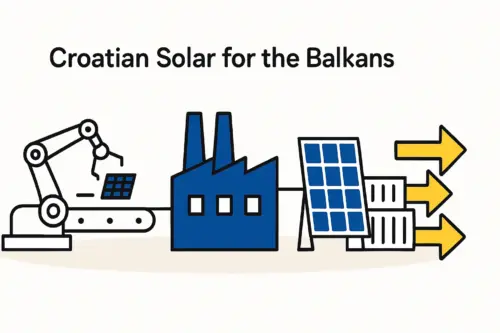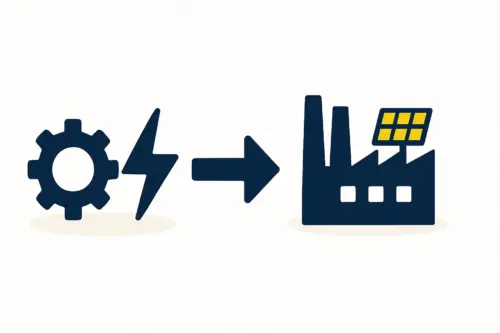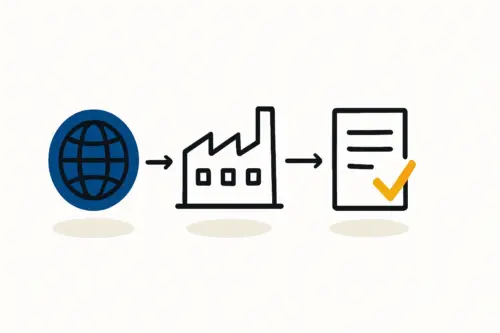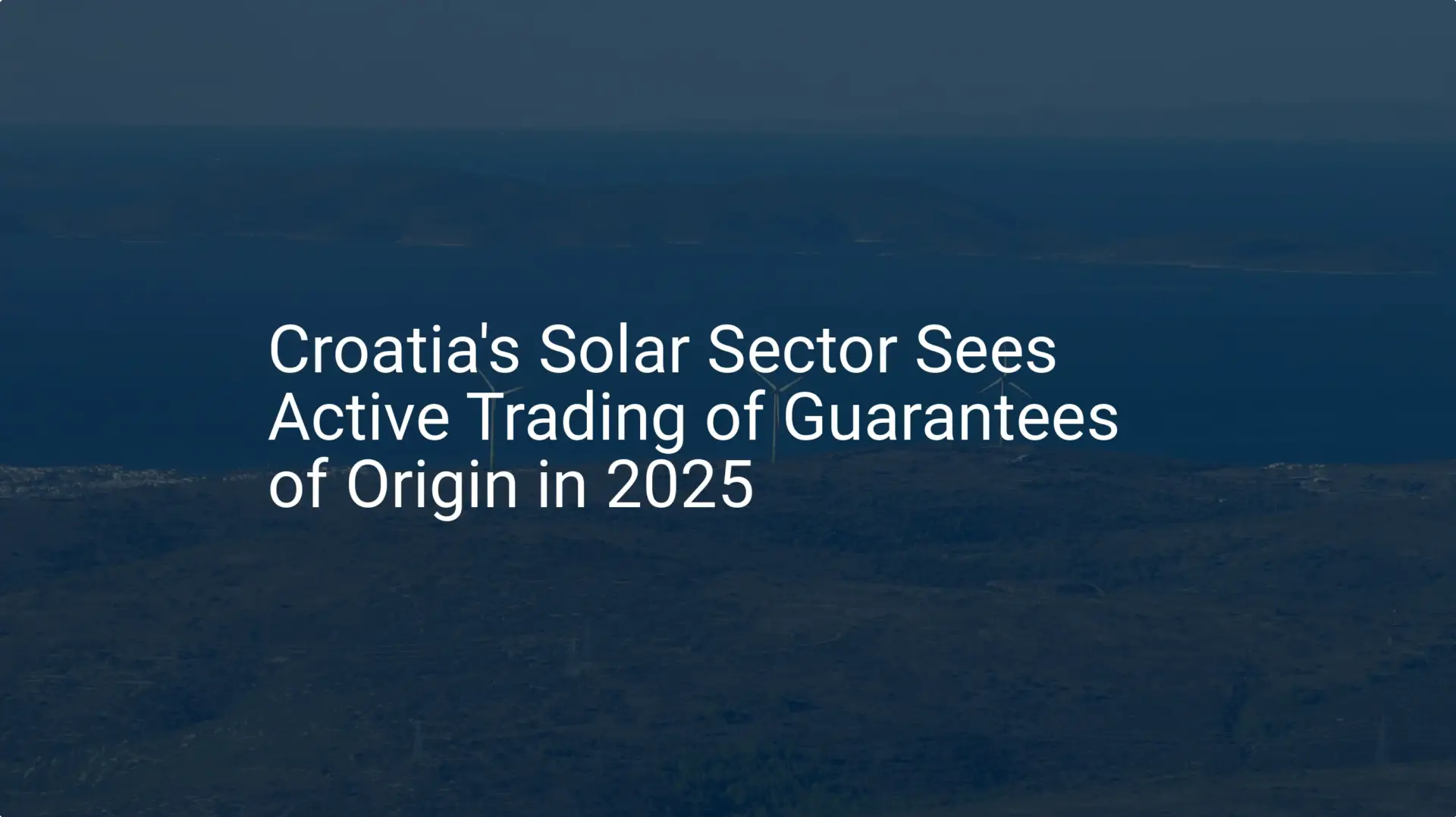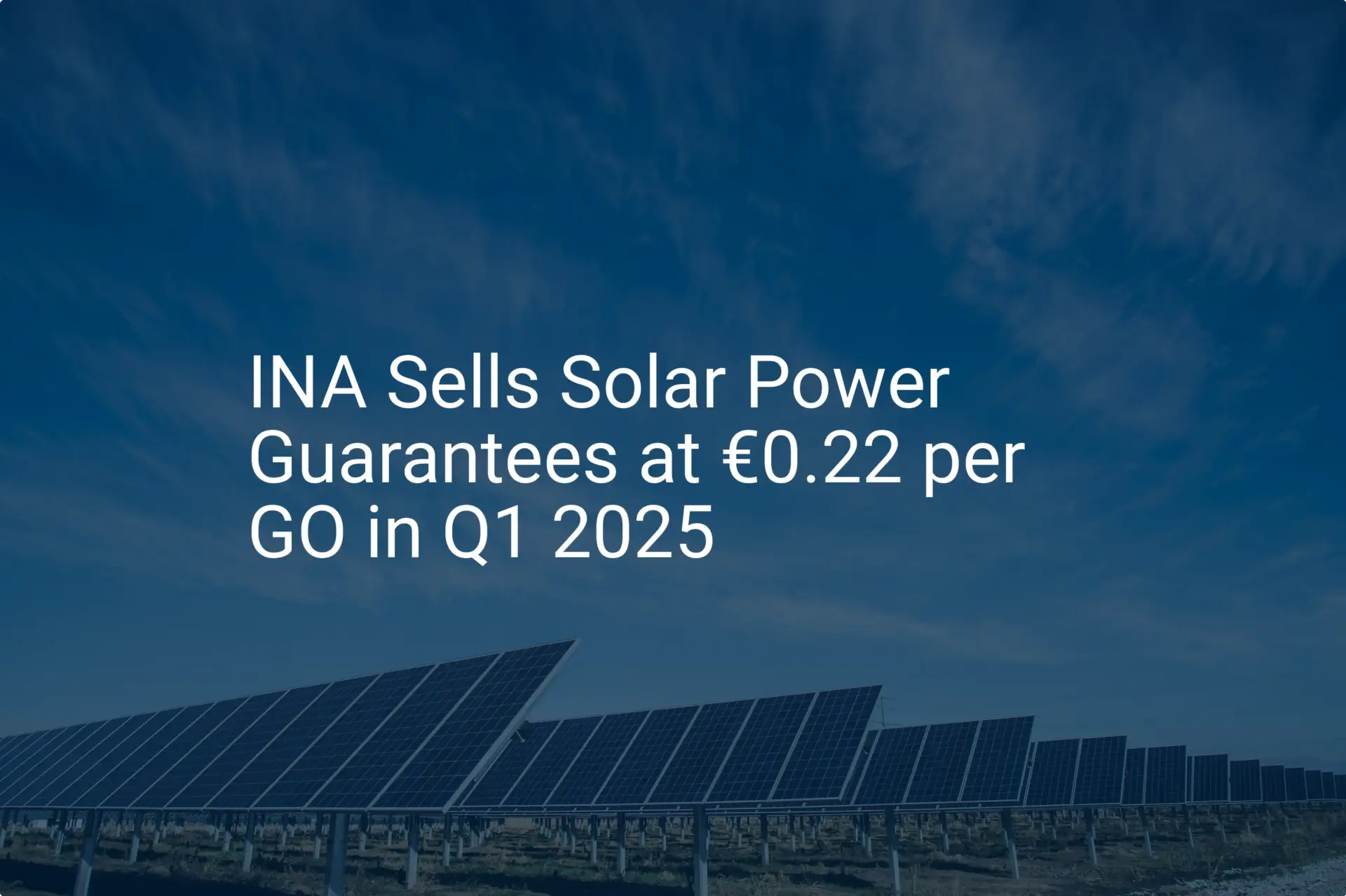When planning a new business venture, entrepreneurs often focus intensely on product quality, production technology, and market demand. While these are critical pillars of success, one often-underestimated factor can determine profitability in a capital-intensive industry like solar module manufacturing: strategic logistics.
A factory’s physical location isn’t just about real estate; it’s about its integration into global supply and distribution networks. The right location can transform a viable business plan into a highly competitive operation.
This article explores the significant logistical advantages of one of Europe’s key maritime gateways—the Port of Rijeka in Croatia. For any entrepreneur considering a solar factory, understanding this location’s potential reveals how strategic positioning can create a powerful competitive edge for serving both the European Union and the emerging Balkan markets.
Why Logistics is a Cornerstone of Solar Manufacturing
A solar module assembly plant relies on a continuous flow of materials. Raw components, such as solar cells, glass, and aluminum frames, are typically imported, often from Asia. The finished solar modules are then exported to various regional and international markets.
This dual flow presents two major logistical challenges:
-
Inbound Supply Chain: The cost, speed, and reliability of importing raw materials directly impact production costs and schedules. Delays at congested ports or inefficient customs clearance can halt an entire solar panel production line.
-
Outbound Distribution: The ability to efficiently and cost-effectively deliver finished modules to customers is paramount. Proximity to key markets and access to robust transportation infrastructure can significantly reduce delivery times and shipping expenses.
A factory’s location is a strategic decision that influences everything from raw material procurement costs to the final market price.
The Port of Rijeka: A Strategic Gateway
Located on the Adriatic Sea, the Port of Rijeka is Croatia’s largest seaport. Its strategic importance stems from a unique combination of geographic positioning and modern infrastructure, making it a compelling choice for industrial development.
For solar manufacturing, three features are particularly noteworthy:
Ready to make big Profits?
The solar Industry is Booming
WE HELP NEWCOMERS to the solar industry start their own solar module production line. Customers can make BIG PROFITS by selling modules and finding investors, without wasting money and time on things they don't need!
-
Deep-Water Access: Rijeka is a deep-water port capable of accommodating the largest container ships, a crucial feature for handling large-volume shipments of raw materials from global suppliers.
-
The Suez Canal Advantage: The port offers the shortest maritime route for goods coming from Asia to Central and Southeastern Europe via the Suez Canal. This means shorter lead times and reduced shipping costs for raw material sourcing for solar panels compared to northern European ports like Hamburg or Rotterdam.
-
Lower Congestion: Major northern ports frequently experience high levels of congestion, leading to costly delays. Rijeka typically offers faster vessel turnaround times, ensuring inbound materials reach the factory floor with greater predictability.
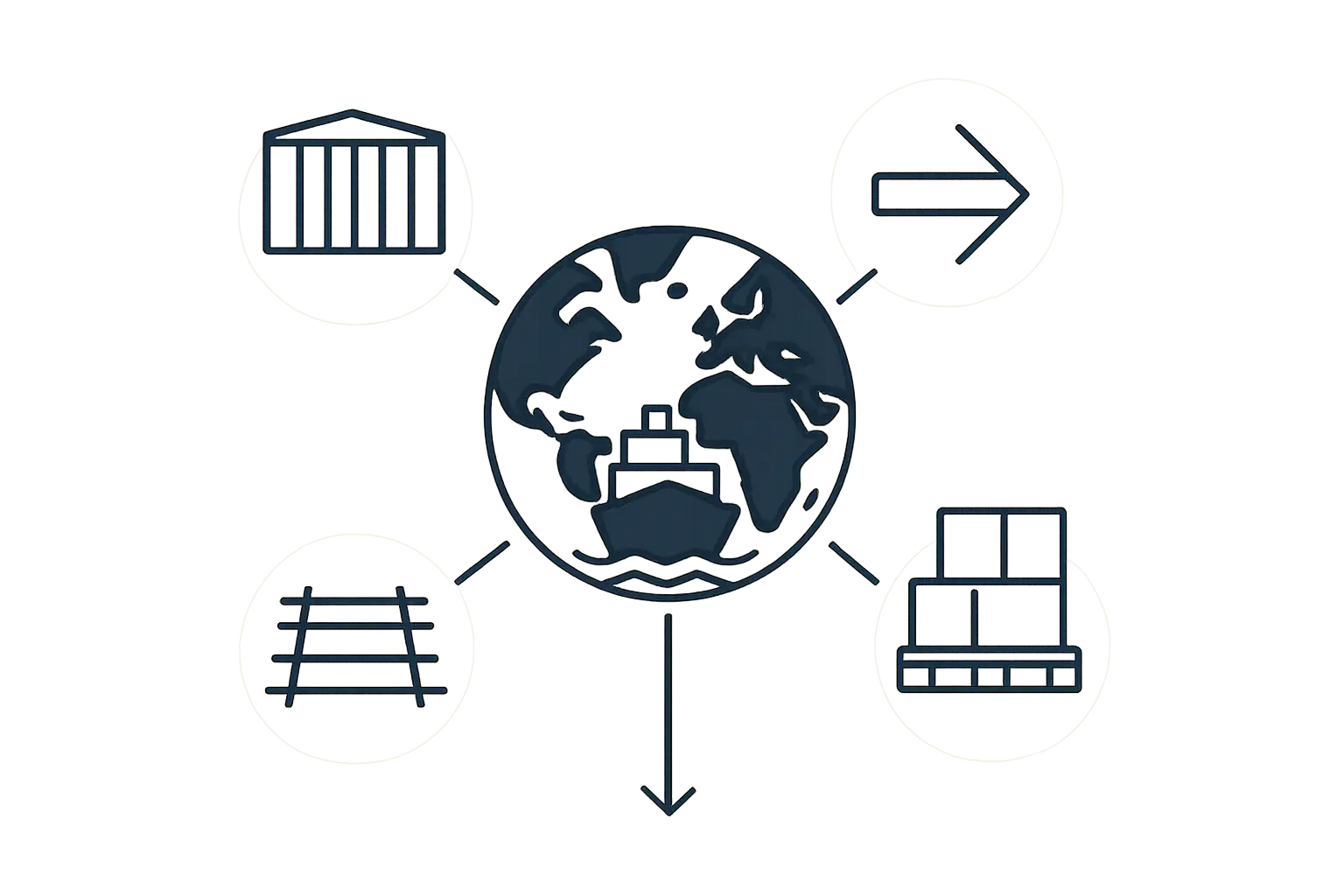
The Dual-Market Advantage: Accessing the EU and the Balkans
One of the most powerful arguments for locating a manufacturing facility near Rijeka is its position as a gateway to two distinct and valuable markets.
-
The European Union Single Market
As Croatia is an EU member state, a factory established there enjoys frictionless access to the entire EU single market. This means no customs duties, tariffs, or complex cross-border procedures when shipping finished modules to countries like Germany, Italy, or Austria—a significant commercial advantage that enables competitive pricing and simplified distribution. -
Emerging Balkan Markets
Simultaneously, Rijeka offers excellent overland connections to the developing energy markets of the Western Balkans (e.g., Serbia, Bosnia and Herzegovina, Montenegro). These non-EU countries represent a growing demand for renewable energy solutions but are often less saturated with competition. A manufacturing hub in Croatia is ideally positioned to serve this emerging regional demand.
This dual access allows a business to build a diversified market strategy, balancing the stability of the established EU market with the growth potential of neighboring regions. The area also boasts a pro-investment local environment that supports factory building requirements.
Streamlining the Full Logistical Cycle
Beyond its location, the Port of Rijeka’s operational framework offers manufacturers tangible financial and procedural benefits.
Efficient Raw Material Imports
Shorter sea routes and lower port congestion make the inbound flow of materials both cost-effective and reliable. This stability is crucial for maintaining a lean inventory and ensuring the continuous operation of the production line.
Leveraging Free Trade Zones
The Port of Rijeka includes a free trade zone, a specially designated area where goods can be imported, handled, manufactured, and re-exported without being subject to customs duties and Value Added Tax (VAT).
For a solar module manufacturer, the process would look like this:
-
Raw materials arrive from a non-EU country (e.g., China) and are moved into the free trade zone. No import duties or VAT are paid at this stage.
-
The materials are transported to the nearby factory (also within the designated zone) and used to assemble solar modules.
-
Finished modules destined for export to other non-EU countries are shipped out directly, without ever incurring EU duties.
-
Only the modules sold within the EU are formally “imported” from the zone, at which point duties and VAT become payable.
This deferral of taxes provides a significant cash flow advantage, as capital is not tied up in taxes on raw materials.
Seamless Onward Distribution
Once modules are manufactured, Rijeka’s connectivity ensures efficient distribution. The A6 motorway provides a direct link to Zagreb and the wider European road network. A well-developed rail network also connects the port to key industrial hubs throughout Central and Eastern Europe, offering a reliable alternative for bulk transport.

A Practical Business Case: The Investor’s Perspective
Consider an entrepreneur from the Middle East aiming to establish a foothold in the European solar market. By setting up a manufacturing plant near Rijeka, they can achieve several strategic goals simultaneously:
- Import solar cells and other components from Asia via the most direct sea route.
- Leverage the free trade zone to assemble modules without immediately paying hefty import duties, improving operational cash flow.
- Sell finished modules directly into the lucrative German and Italian markets with zero customs friction.
- Target growth opportunities in neighboring Serbia and Bosnia, establishing an early market presence.
Based on experience from J.v.G. turnkey projects, this kind of integrated logistical planning is often what separates a moderately successful venture from a market leader. It reduces operational risk, improves financial efficiency, and enhances market responsiveness.
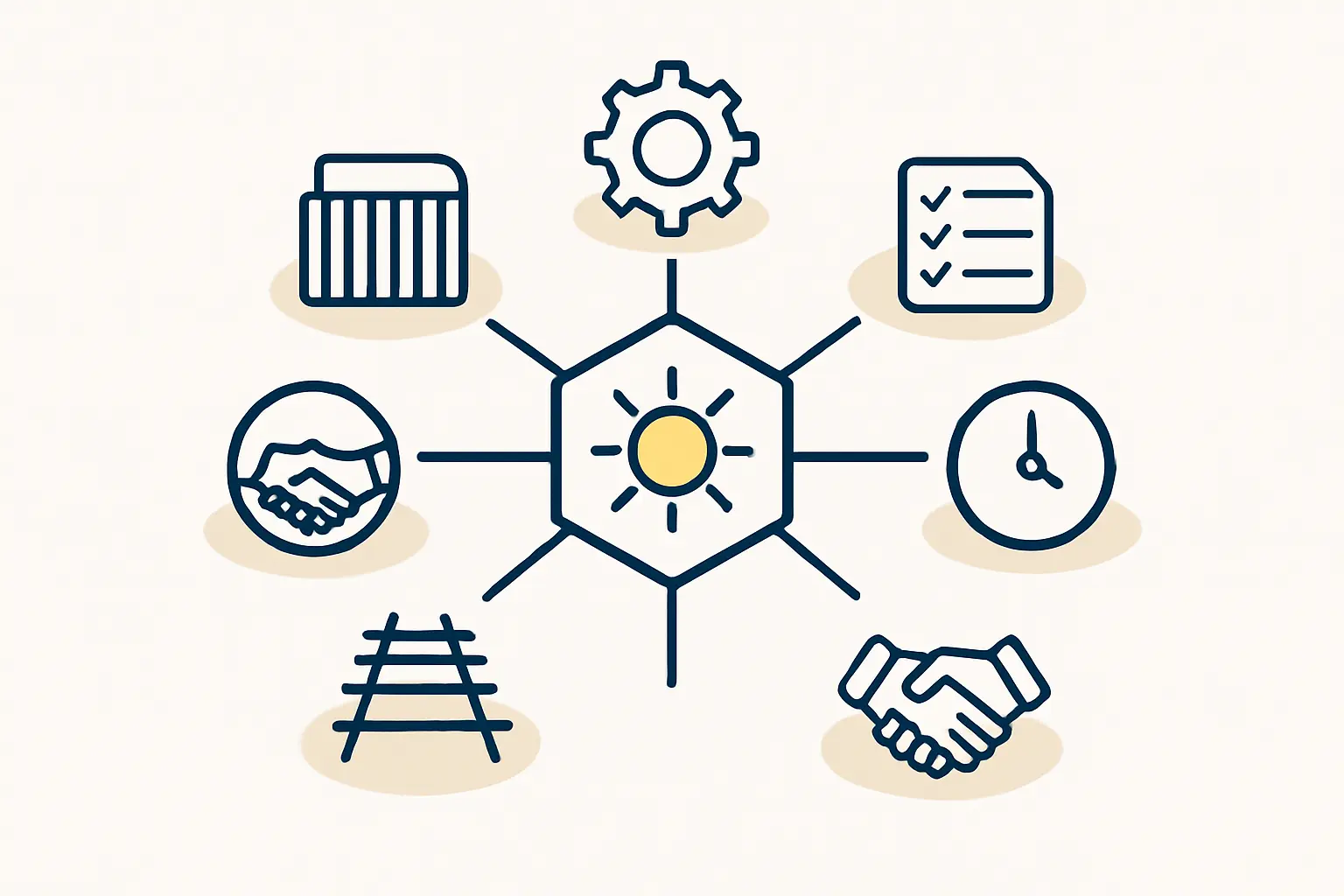
Frequently Asked Questions
What exactly is a “free trade zone” and how does it benefit a solar manufacturer?
A free trade zone is a secured area treated as being outside the customs territory of the host country. For a manufacturer, this means raw materials can be imported, processed, and re-exported without incurring import duties or VAT. Taxes are only paid on finished goods sold into the domestic (in this case, EU) market. This provides a significant cash flow benefit.
How does port congestion affect production timelines and costs?
When a port is congested, ships may have to wait for days or even weeks to unload. This delay disrupts the supply chain, potentially halting production. It also leads to extra costs in the form of demurrage (fees for extended use of containers) and storage. Choosing a less congested port like Rijeka enhances supply chain predictability and reduces these risks.
Are there language or administrative barriers to consider in Croatia?
As an EU member state, Croatia has harmonized many of its business regulations with EU standards. For international business, English is widely spoken in professional circles, and the country has agencies dedicated to assisting foreign investors, simplifying the administrative process.
Is Croatia a stable environment for a long-term investment?
Croatia is a member of the EU, NATO, and the Eurozone. This provides a high degree of political and economic stability, making it a secure environment for long-term capital investments in manufacturing.
The Foundation of a Successful Solar Venture
Choosing a location for a solar module factory is one of the most consequential decisions an investor will make. While technology and team are vital, a location that offers logistical superiority creates a lasting competitive advantage. The Port of Rijeka is a prime example of how geographic position, modern infrastructure, and favorable customs frameworks can combine to create an ideal ecosystem for manufacturing.
By thinking through the entire value chain—from the arrival of a container ship with raw materials to the final truckload of finished modules—entrepreneurs can build a more resilient, efficient, and profitable solar business from the ground up.


